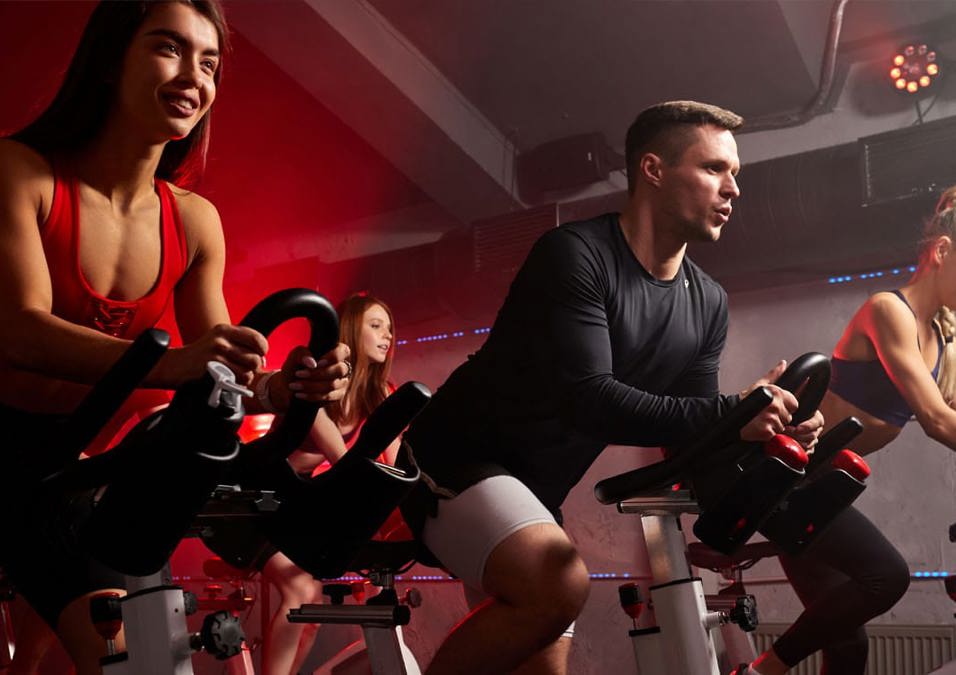Exercise Alters Time Perception

SIGN UP FOR YOUR FREE DAY PASS TODAY!
A recent study in the Brain and Behavior journal has uncovered that physical activity can change how we perceive time, making it seem to pass more slowly during exercise than when at rest or after the workout.
This research is innovative, employing a uniform test to gauge time perception under conditions of self-directed, intense exercise, reflecting true sports performance.
Albert Einstein once used an analogy to describe how psychological time can vary from actual time, which is supported by earlier findings that exercise can skew our time perception.
This could influence athletes who must time their performance against the clock or opponents.
Prior research focused on steady-intensity exercise, neglecting the fluctuating intensities typical in competitive sports. Addressing this, the new study explores time perception during exercise that emulates a competitive environment.
“I’ve always been curious about how events affect our sense of time, especially with exercise, where time can either crawl or fly,” commented Andrew Mark Edwards, professor and Head of School for Psychology & Life Sciences at Canterbury Christ Church University and author of The Psychopath.
The study included 33 active, healthy individuals, not professional cyclists, who participated in cycling trials on a Velotron ergometer to mimic a 4-km race.
Their time perception was evaluated at various stages: before, during, and after the exercise, and at set distances within the workout.
Without feedback on accuracy to avoid bias, participants estimated the duration of 30-second and 60-second intervals. The trials had different setups: solo, with a non-interactive avatar, and against a competitive avatar.
Findings showed a consistent slower time perception during exercise, unaffected by the trial conditions, indicating that the act of exercising itself is what primarily alters time perception.
Summarizing the study, Edwards stated to PsyPost, “Exercise indeed affects how we perceive time, which can be vital for effectively timing sports and exercise, and for creating strategies to overcome demotivating periods when time seems to stretch.”
The recent findings from a study published in the journal Brain and Behavior indicate that there is no direct link between how hard individuals feel they are working (rate of perceived exertion, RPE) and how they perceive time.
This challenges previous theories that suggested a more intense workout might lead to a greater skewing of time perception.
“The research demonstrated that exercise itself influences how we perceive time, but it did not show a difference based on the exercise stage, whether one feels more refreshed or fatigued. Although our earlier research hinted at this, further investigation is needed to understand the circumstances,” noted Edwards.
The study contributes to our grasp of how the mind perceives time during physical activity, but it also points out future research directions.
A notable limitation was the inclusion of non-professional cyclists, which may limit the applicability of the results to professional athletes or those engaged in high-level competitive sports.
Edwards remarked, “The study focused on recreationally active individuals engaged in a single type of exercise, so the findings should be viewed within that specific context and population. More research is necessary to determine the broader relevance.”
Upcoming research may explore the impact of altering attention and concentration during exercise on time perception. Such insights could benefit not only athletes but also clinical scenarios where exercise is a component of treatment or recovery.
Source: psypost
The opinions shared in the GymNation blog articles are solely those of the respective authors and may not represent the perspectives of GymNation or any member of the GymNation team































































